In September of 2011 , my wife, Radhika,
and I spent two weeks travelling in Greece and Turkey. It was a honeymoon, just
a year late; as many of you know Radhika was finishing her residency till July.
Our trip was a daily adventure. Each day offered a fresh discovery of both the landscape
and the culture around us. We wandered through the mountain villages, climbed hills
by sunset, savored the Mediterranean cuisine, and tried our hands at deciphering
the Greek and Turkish words we saw.
Why Greece? Why Turkey? I couldn't help wondering the same question when my wife
first posed the idea (though like any good husband I knew better than to oppose
her). She had travelled through most of Europe in her college days, but the Greek
isles and Turkey remained a mystery. Greece, for her, was a beautiful idea built
up by years of reading the classics. Istanbul was the great colorful capital straddling
two continents, wrapped in many different layers of culture and history.
What we found was a mix of classical imagination and traveler's adventure, of history
and landscape woven together.
Naxos, Greece
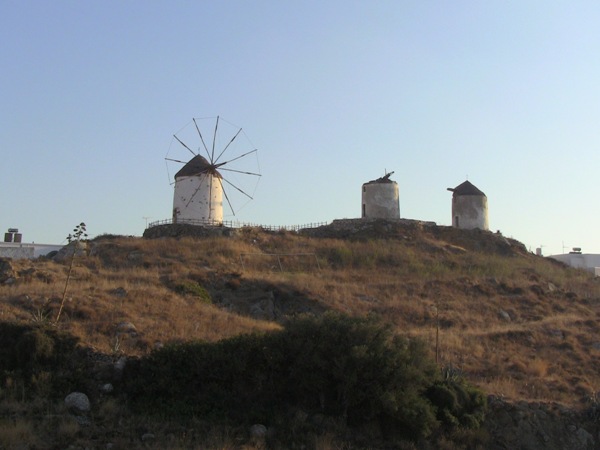
|
Visually, Greece presents a terrain much different from what one is used to seeing
in the US. We discovered rugged mountains, purple sunsets, olive groves scattered
among sandy hills, and the brilliant, sparkling blue of sea and sky—a blue unlike
any I have seen in Mumbai, Chennai, San Francisco or New York. The air itself seemed
of a different flavor in Greece, purer somehow, thick with scents of fresh herb,
or jasmine, or pine. Amidst such surroundings we would discover the ruins of ancient
temples. It is these, like the Temple of Demeter on Naxos, or the Temple of Hera
on Samos, which most impressed me, more than the Parthenon in Athens. We discovered
such sites after driving on a scooter, through hills and villages, winding our way
through gardened paths or lonely meadows. One could feel the spirit of antiquity
as we wandered by ourselves amongst these ruins, lost in paradise-like valleys;
and we were glad to lose ourselves there.
|
|
Even greater than history or landscape, though, was the pleasure of encountering
a new culture. We enjoyed the sounds of a different language and the hieroglyphic
charm of a new alphabet. I had to remind myself often that the Greek tongue, though
strange to our ears, was a language spoken by more than eleven million people today,
and centuries ago was the language of scholars. And we were only touching the edge
of this language, this other existence! People seemed to genuinely appreciate our
small efforts at speaking the language. A simple ya sas (“Hello”) or efharisto (“thank
you”) drew smiles from the people we met. We drove through villages where old Greek
women sat together on their doorsteps, weaving cloth and chatting with each other;
or small cafes where old men sat playing backgammon by shade of a sycamore tree.
Such was the different world we saw while in Greece. Even if it differed from our
own way of living, the very encounter with it was fruitful.
|
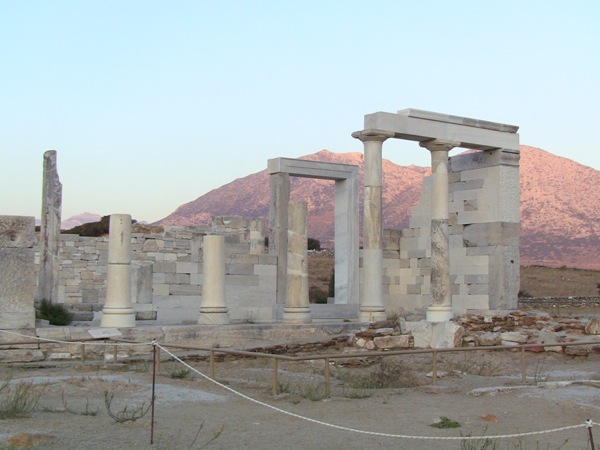
|
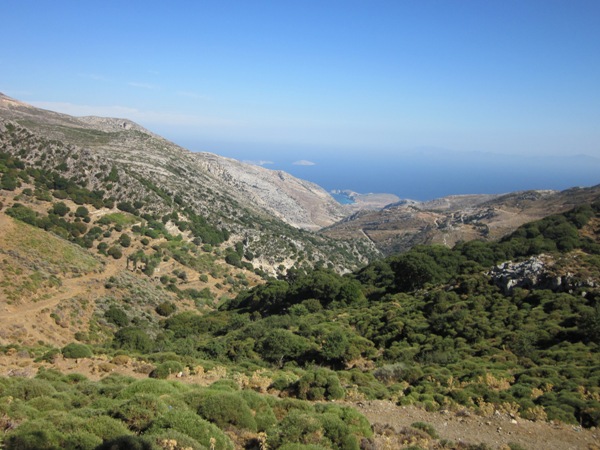
|
While I was growing up, every few years my mother would force us to go on a month
long trip to a different part of India. In a few days, I would get accustomed to
being out and making friends with other people. After about 13 years, I experienced
the same effort of going out of the comfort zone and I feel fuller because of it.
The world is a large place, and we are only a part of it. We do touch it every day.
Once in a while, we can attempt to touch a different part of it.
|
|
Please enjoy the rest of the pictures.
|
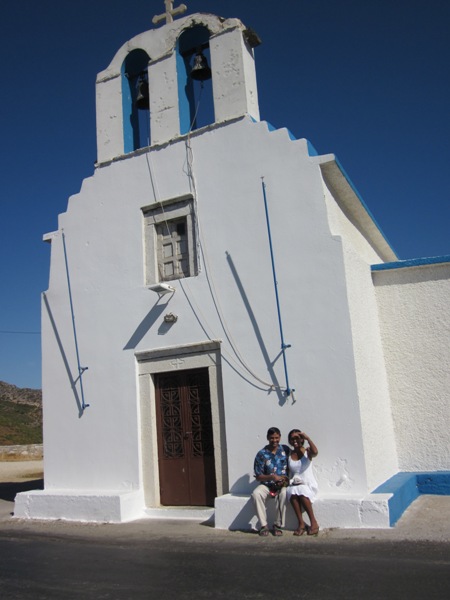
|
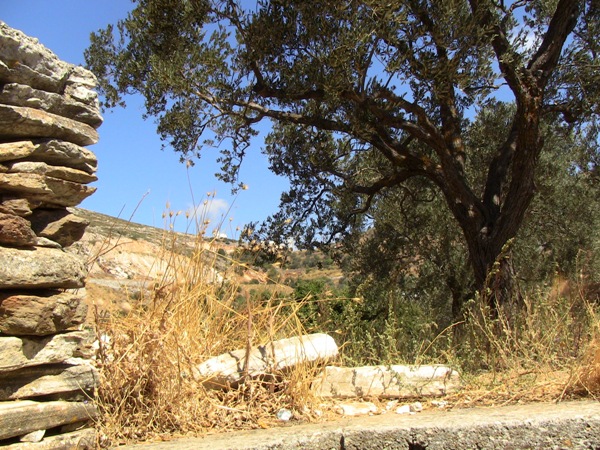
Santorini, Greece
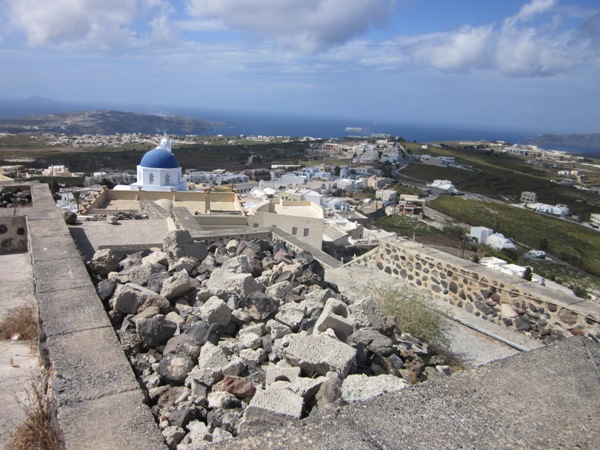
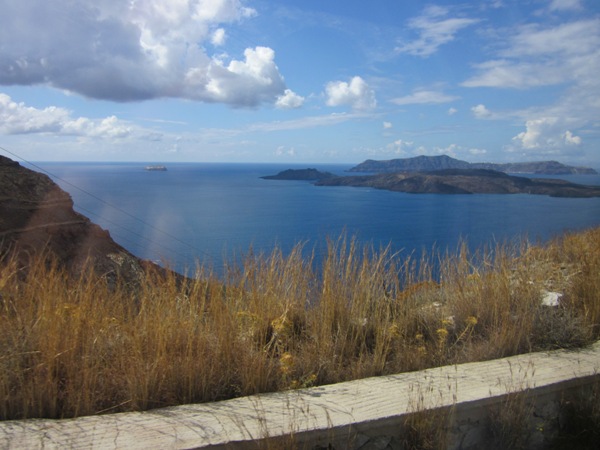
Kusadasi, Turkey
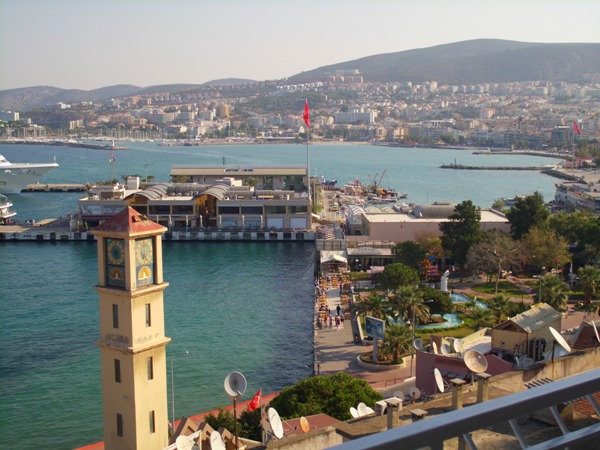
Pamukkale, Turkey
Istanbul, Turkey
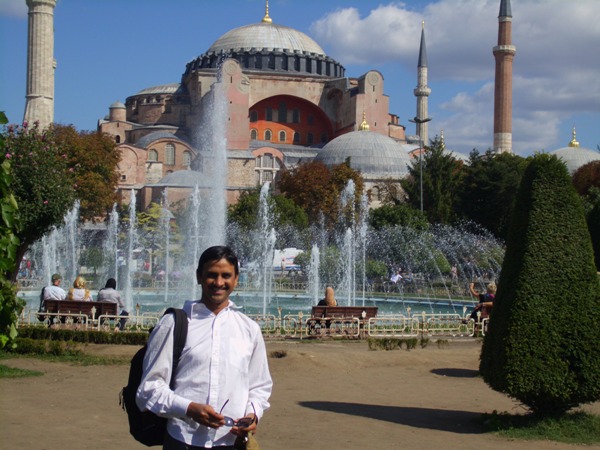
Ephesus, Turkey